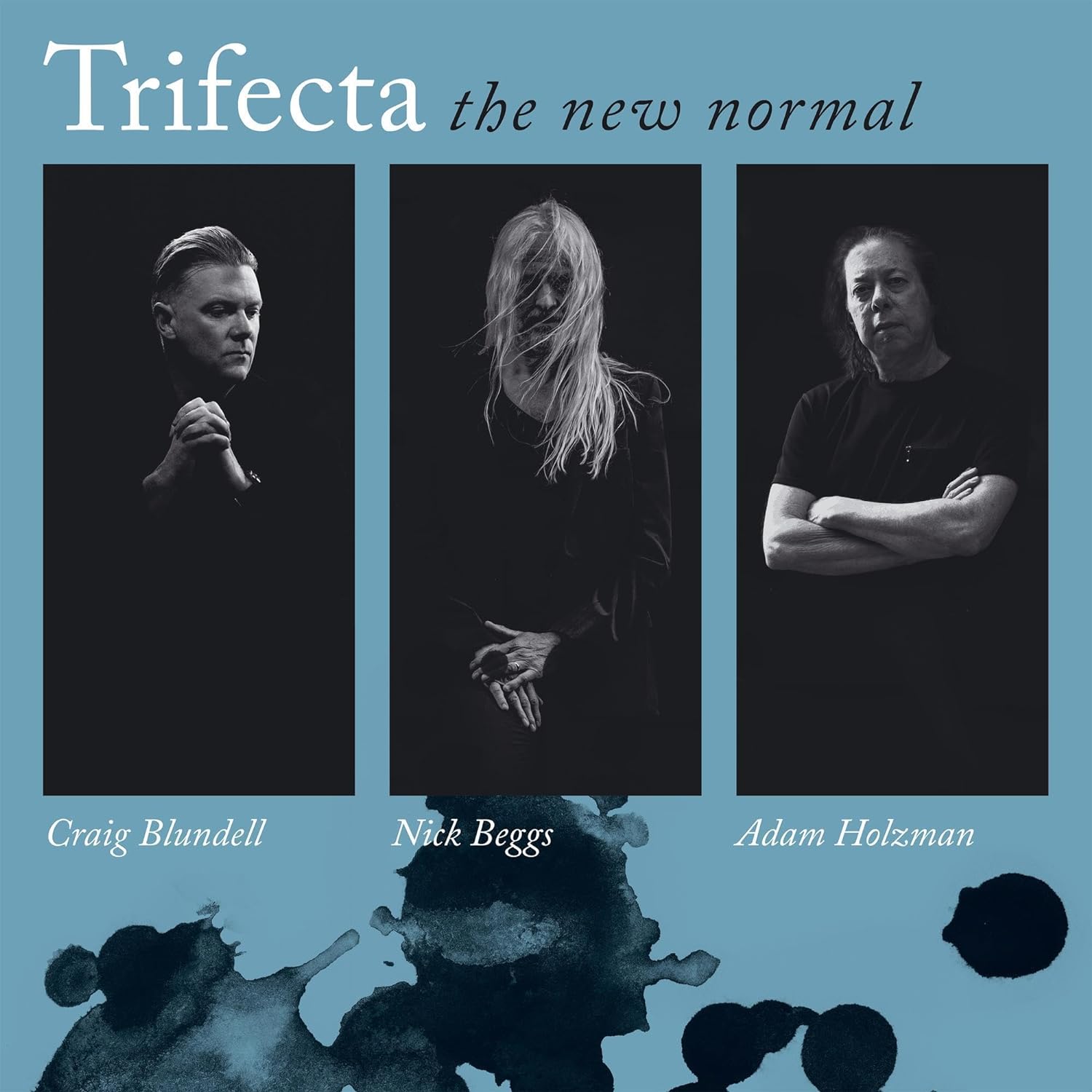Tovarish (meaning comrade) do not deal in music so much as the aural equivalent of sleep deprivation. A sonic morass as dense as a Louisiana Swamp, aligned to the molten sonic textures of Lou Reed’s ‘Metal machine Music’, Neil Young’s ‘arc’, Earth and Sunn 0))), ‘red hearts in a dead world’ is a sonically challenging morass that will neatly divide opinion between those who can’t even begin to fathom the purpose of such white-hot noise experimentation, and those who embrace the adventurous journey Tovarish have embarked upon – extreme music necessarily garnering extreme opinions.
Like the aforementioned acts, Tovarish seek to redefine the word ‘heavy’ via their own oppressive standards. The noise they make is nightmarish, awash with feedback, dislocated screams and dissonant guitars. Forget the lack-lustre movie adaptations of Silent Hill, this frozen expanse of sonic carnage captures the still, dense, foggy atmosphere of those games far better than any Hollywood effort ever could, the startling soundscapes the four-piece create awash with half-glimpsed terrors and misshapen entities scuttling in the depths of a dense shroud of mist. Couple this devastating assault with bowel crippling bass levels and a Trotskyite philosophy and the result is an album that takes the coruscating sonic assault of Khanate and applies it to the broken wasteland of a Siberian political gulag. The sound is harsh, unnerving, the first two tracks (‘road of bones’ and ‘what is to be done?’) leaden and intense with third track, ‘permanent revolution’, seeking to truly set the teeth on edge with its buzzsaw guitars, echoing voices and blackened vocals. Relentlessly oppressive this epic nightmare is as unsettling as music gets and you’re left with the feeling that nothing will be alright ever again if the creators of this unearthly racket are still alive and at large.
Having survived one of the most intense nine minute pieces of music you will ever hear, Tovarish unleash the tribal thump of ‘five year plan’ which echoes with the sound of Michael Gira playing swamp blues in an echo chamber as an unseen army marches past to the metallic exhortations of a perpetually barking loud speaker. It is a slow, desperate, futile sound the band unleash, as sparse as the soundtrack compositions by Ennio Morricone and as enervating as Buzzo*ven – even the screams of vocalist Dimitri Myshkin muted by the onslaught of Timur Revolutsia’s ominous bass – and it is understandable that many will find this album too bleak for their tastes. ‘Laika’ features huge waves of droning guitar scorching the earth as Dimitri’s screams ring out at cataclysmic volume in a move that once again brings the heart-rending fear of Khanate to the fore, Ivan Reyskalnikov mangling his guitar with a fierce dedication that marks him out as being in the grip of a powerful psychosis.
The oppressive mood does not disperse in the second half of the album. For those who ever wondered what the dark side of the moon truly sounded like ‘Now hiring cosmonauts’ is a nausea-inducing glimpse that couples white-hot feedback with churning bass and barely formed sounds leaving you feeling drained and shaken. Equally ‘Weaponized Marburg’ eschews any form of melody for a layer of chrome plated atmospheric noise as impenetrable and all-encompassing as it is intriguing; it may not be music in any conventional sense but fans of the lengthy, crippling drone of Asva and bass Communion will be in heaven. ‘If there’s a person, there’s a problem’ neatly sums up the band’s collective misanthropy with both its title and its level of horror movie intensity – the band ably demonstrating that the spaces you leave in between sounds are just as important as the sounds themselves – before ‘what we want is hate’ draws the album to a close with the vaguest semblance of a melody bubbling up from beneath the blackened crust, tantalising you before it is cruelly swept away in a wash of industrial noise and echoing voices – a sound as close to insanity as most people are likely to come.
It is easy to see why people hate music such as this. It is deeply challenging, unconventional and disturbing. There are no hooks to hang on to, no convenient structures with which to predict what is coming next. The free form musical explorations here have more akin to jazz than anything metallic and there is little in the way of melody. Yet compositions such as this are also deeply nuanced works that encourage and free the imagination and rigid structure is not always desirable in music – work as corrosive and unreconstructed as this provide the soundtrack to unsettled dreams and fevered nightmares and exist on a different plain to the common understanding of music. This will be deservedly loved by a manic few and ignored by everybody else – a state of affairs you can imagine will hardly trouble Tovarish. Approach with caution if this is not a genre you have yet had a chance to appreciate, but if you have had previous experience then expect a blackened world of glistening nightmares to open up as you are drawn into the deadly heart of Tovarish’s curious world – you will be mesmerised.
What do you think? Check out Tovarish here:











Leave a Reply